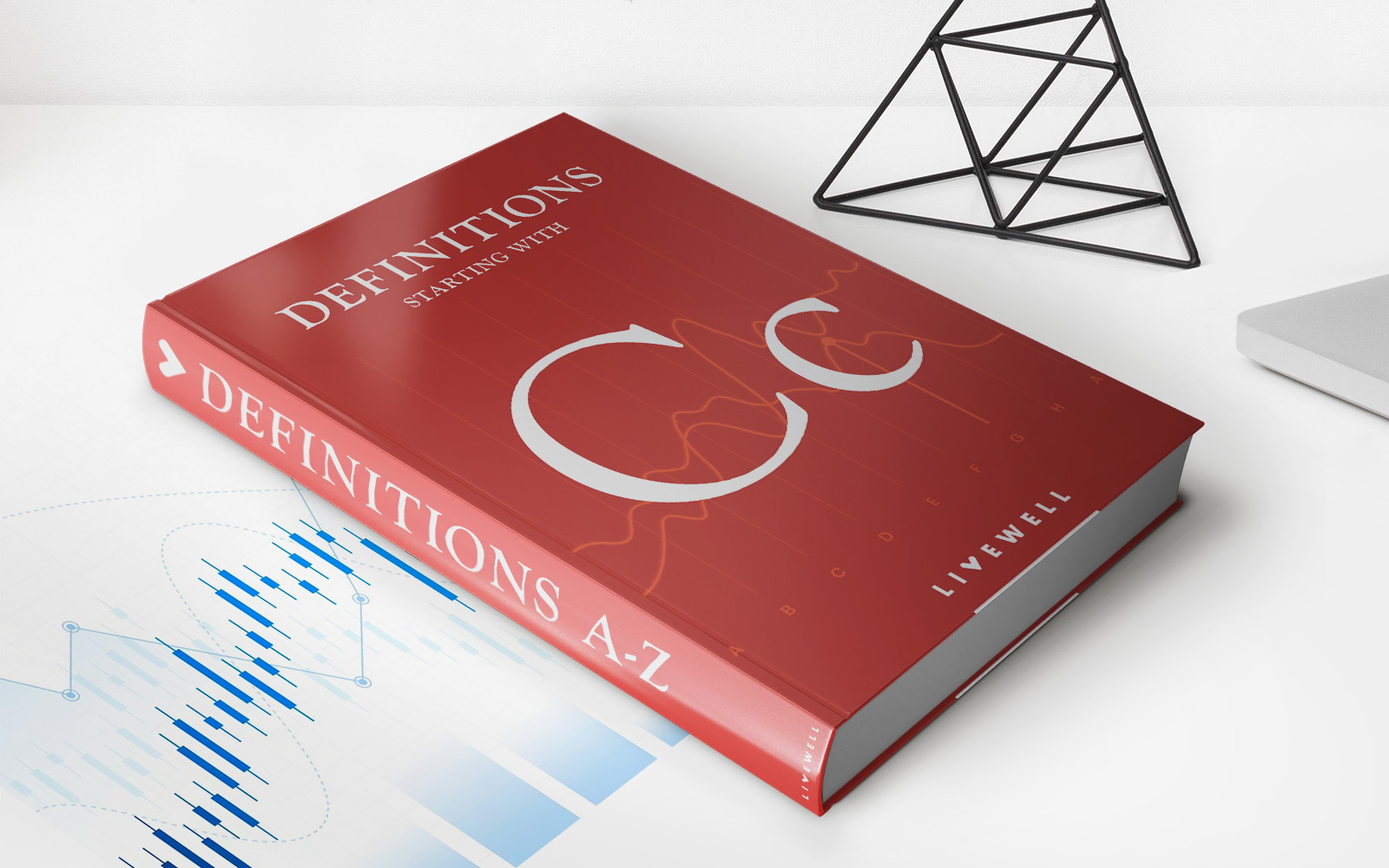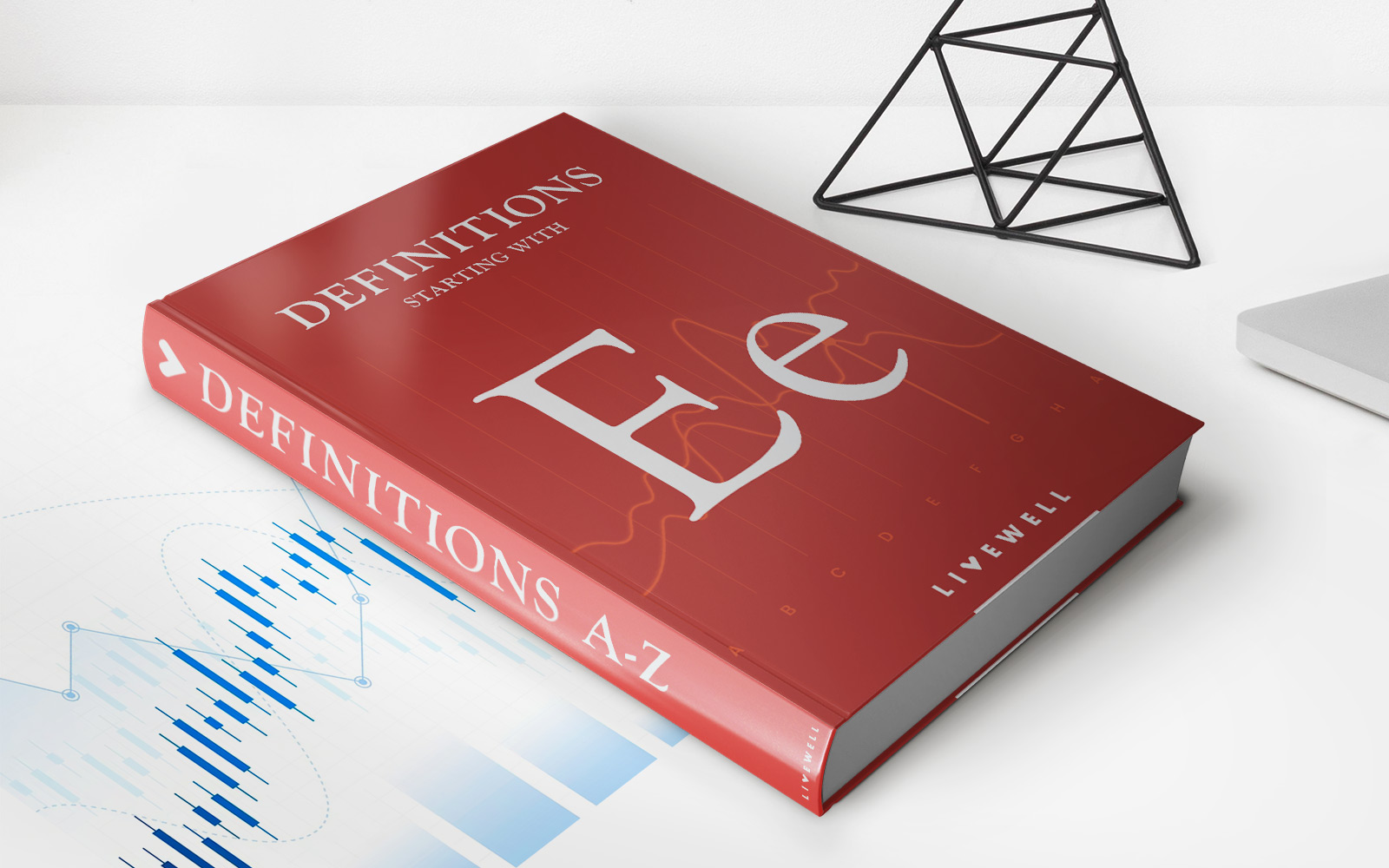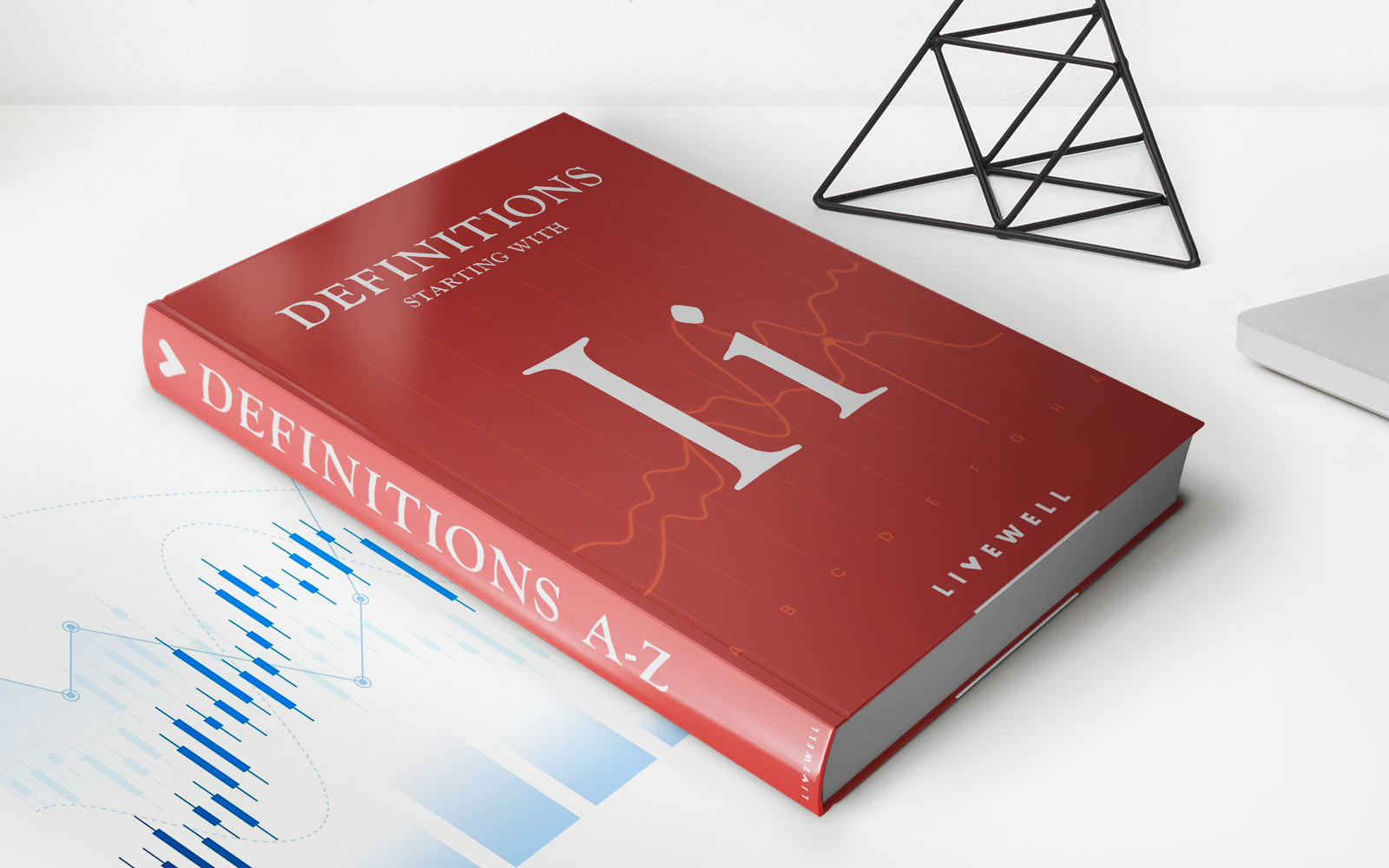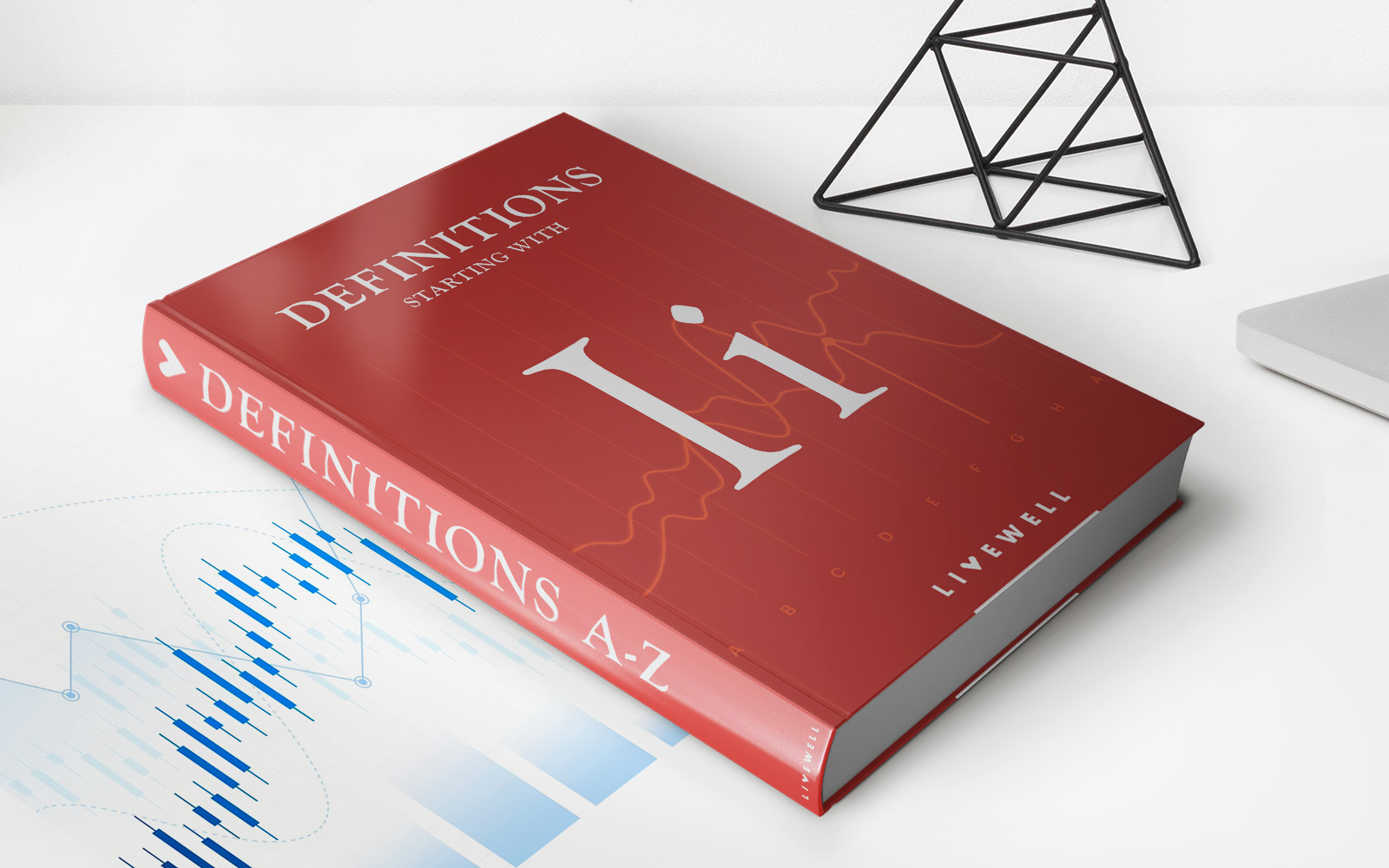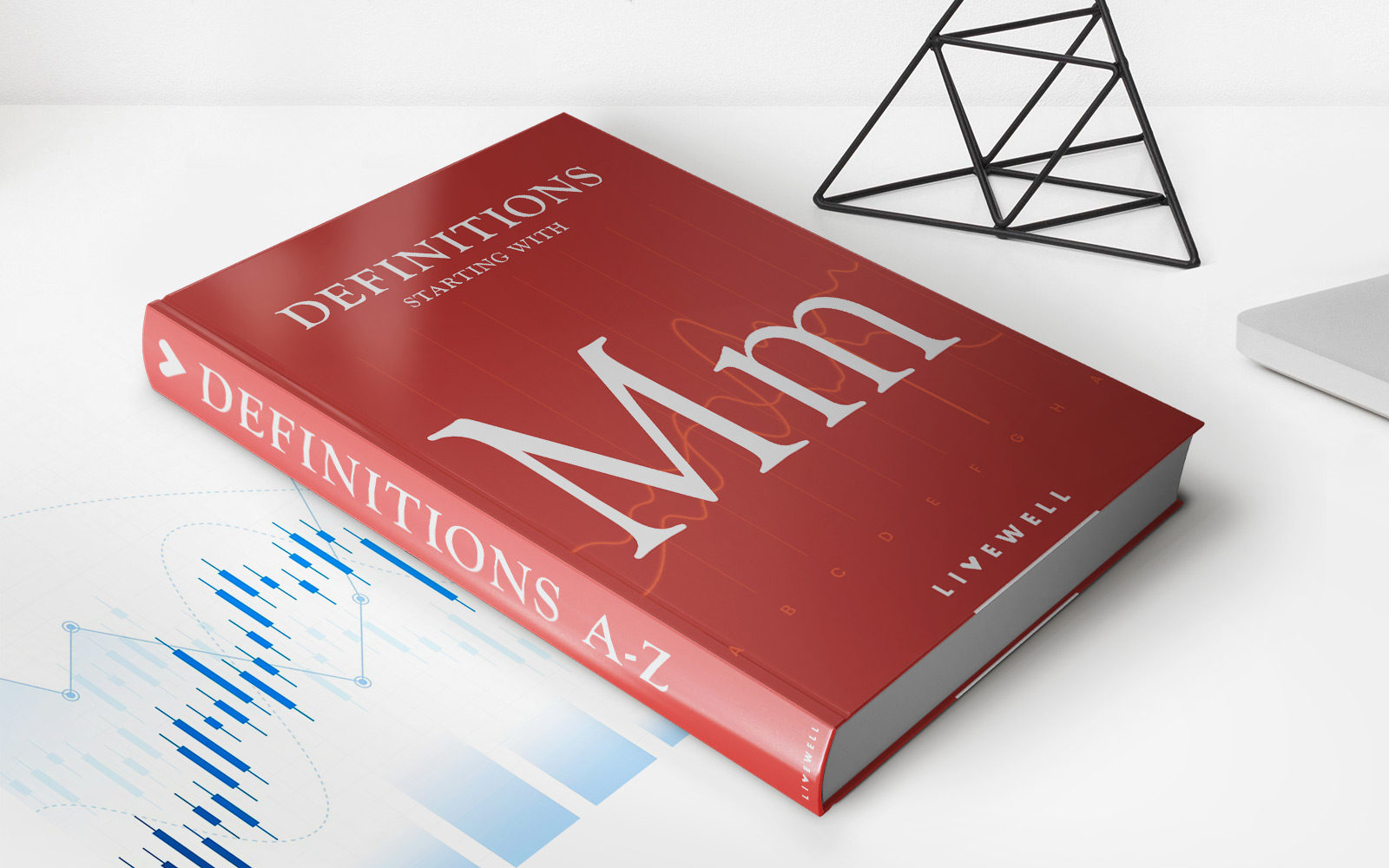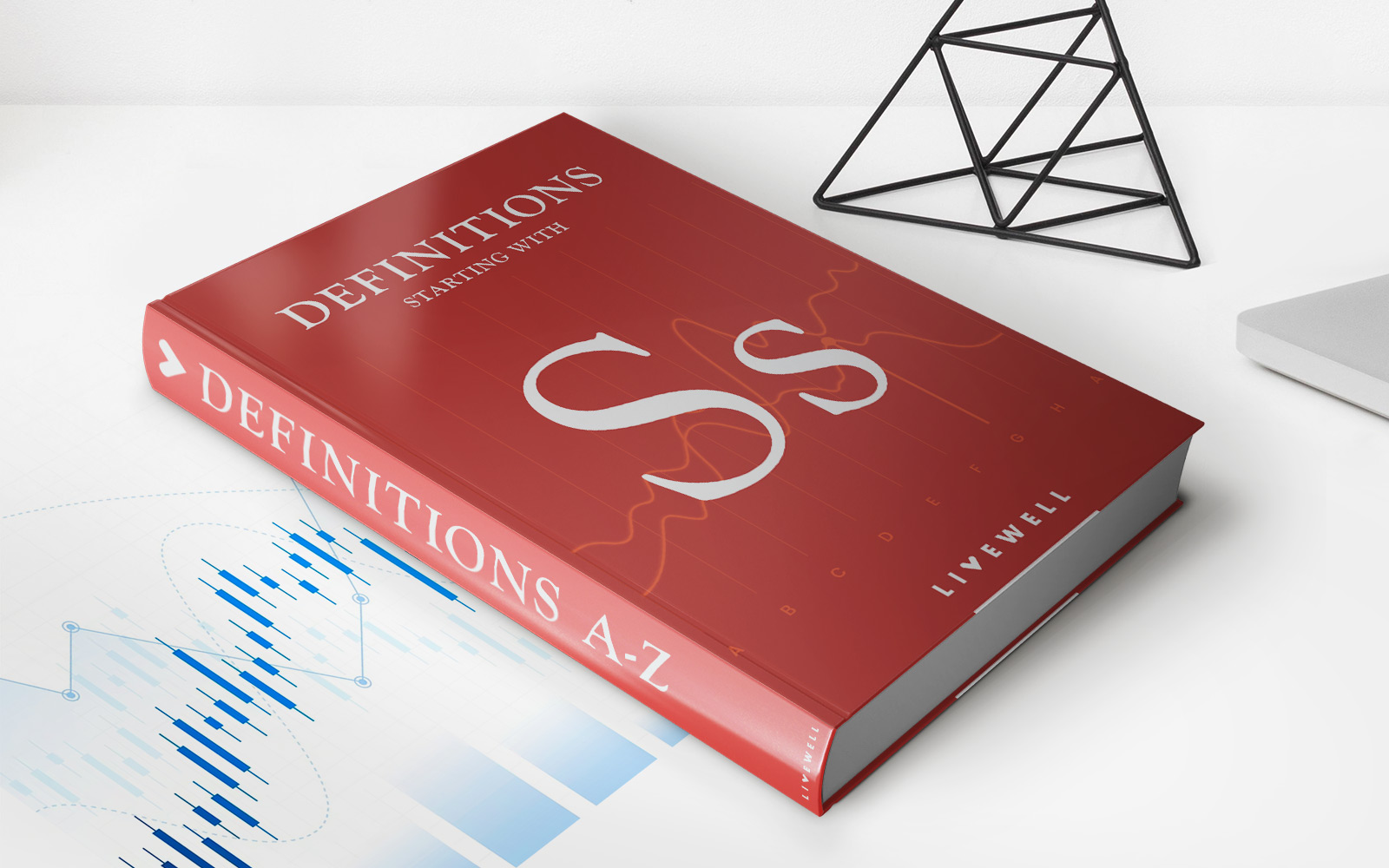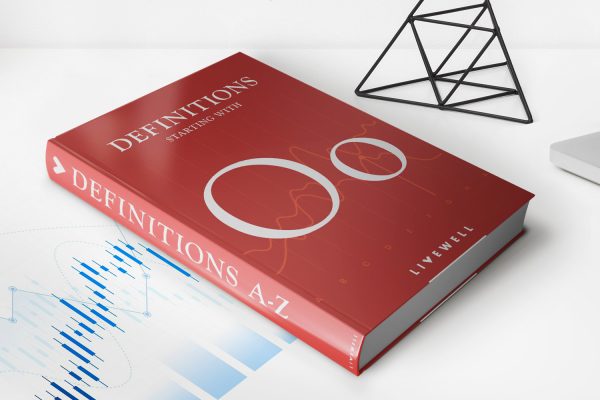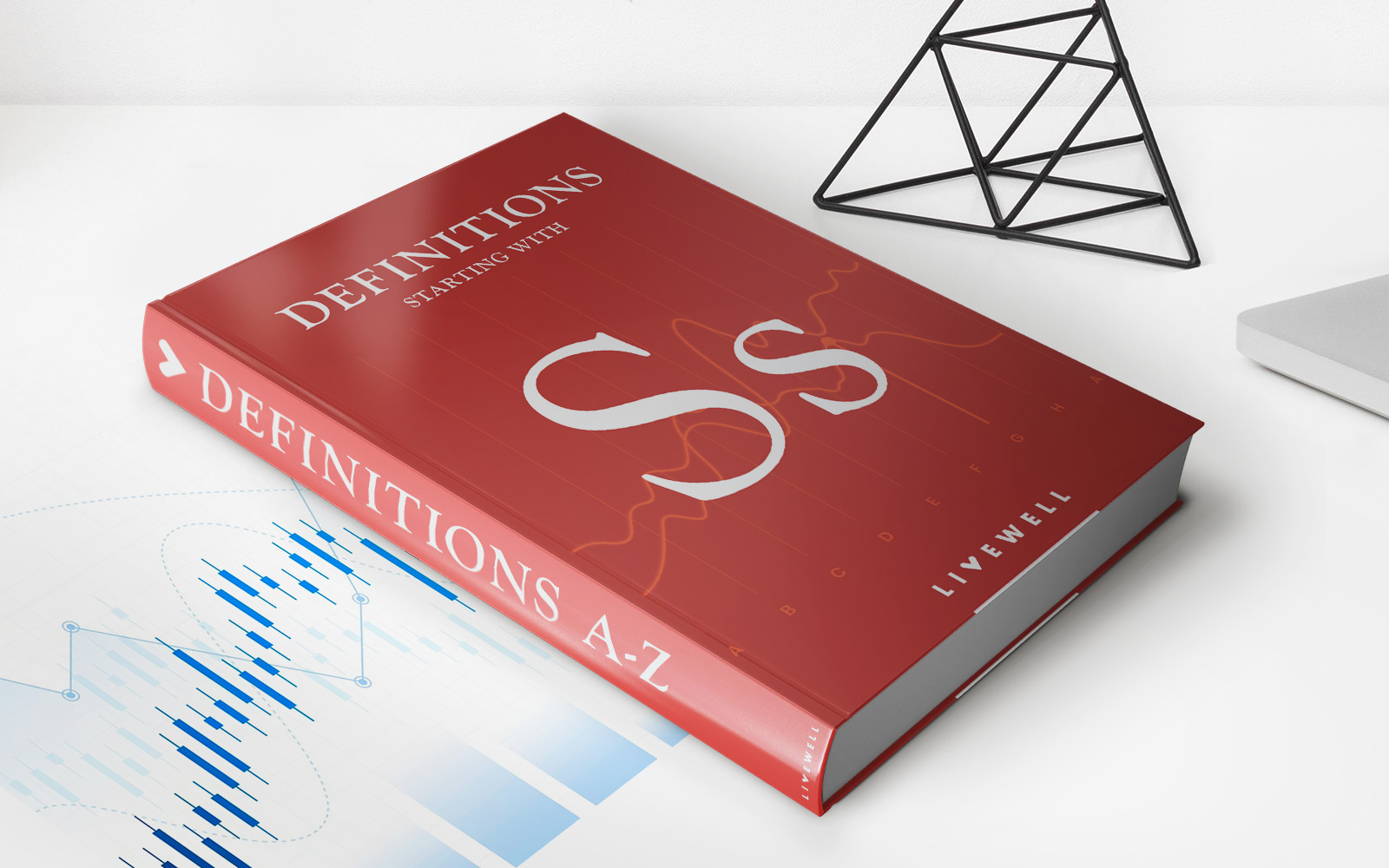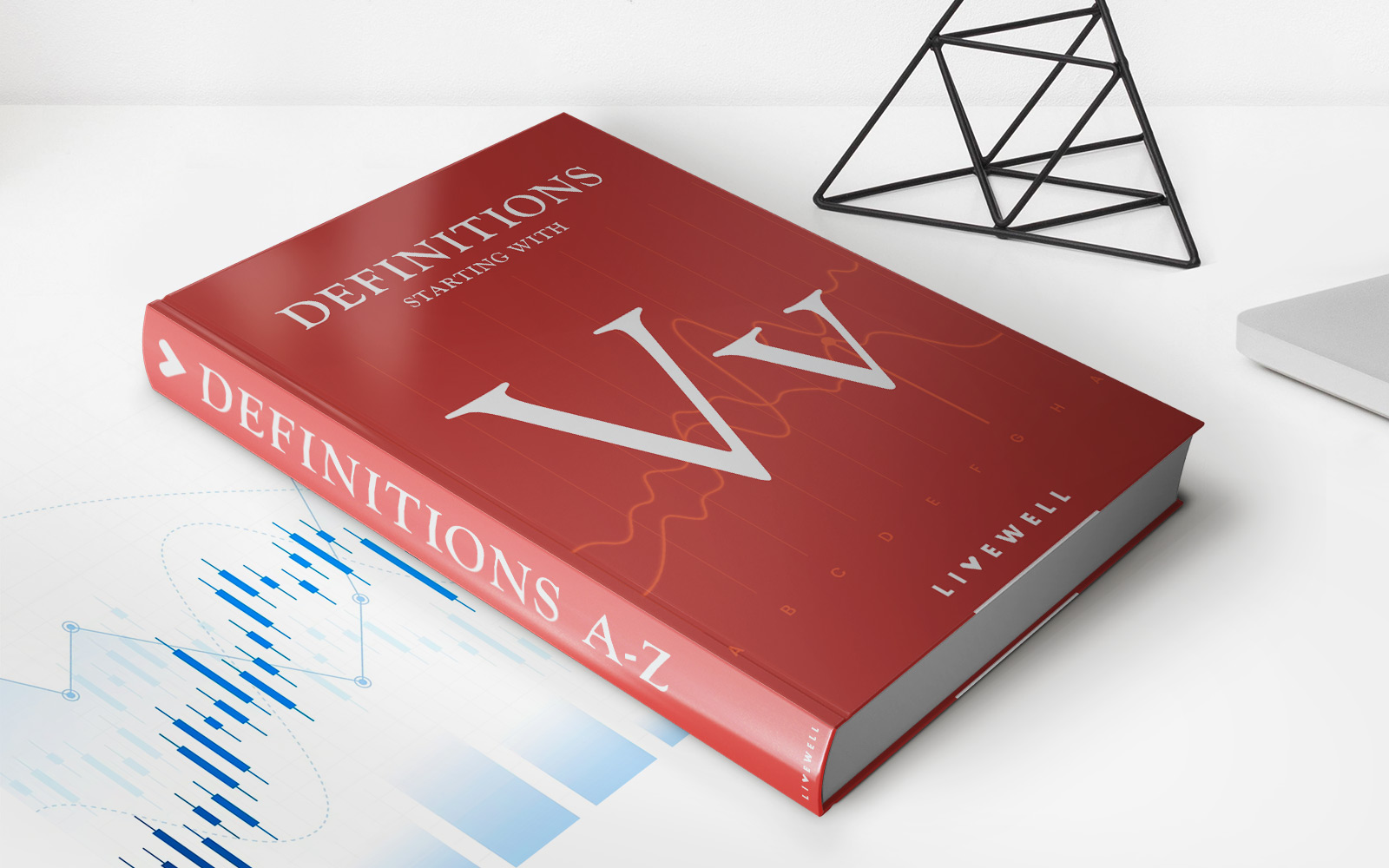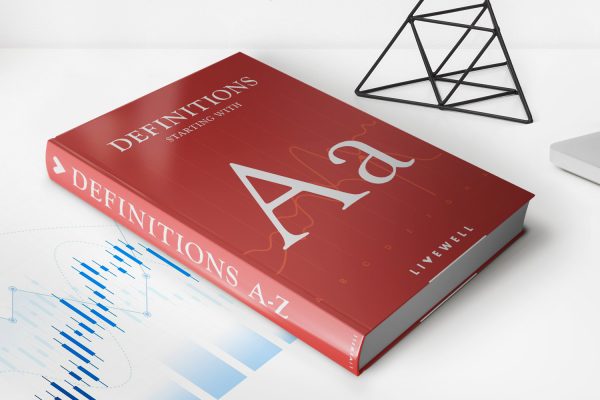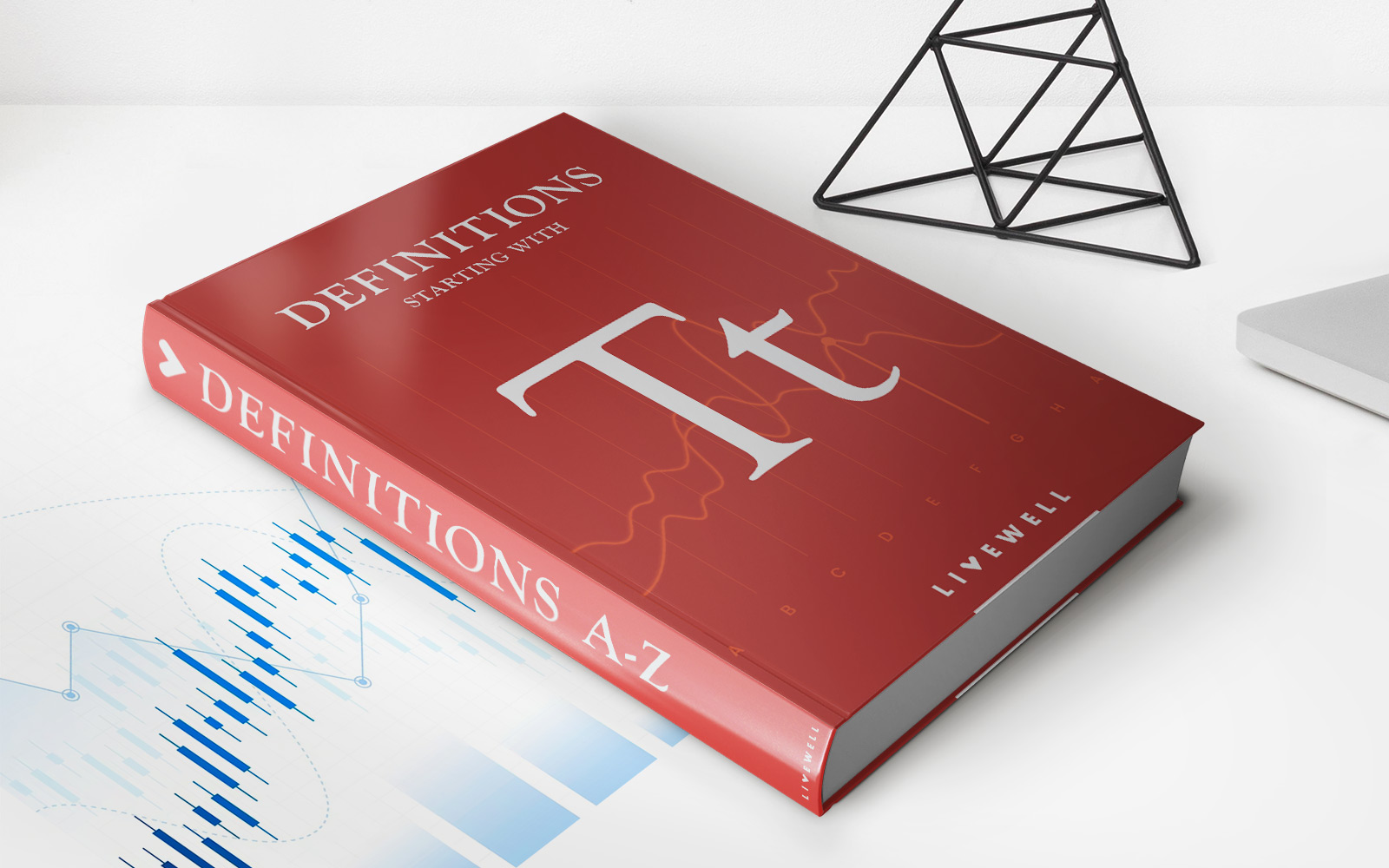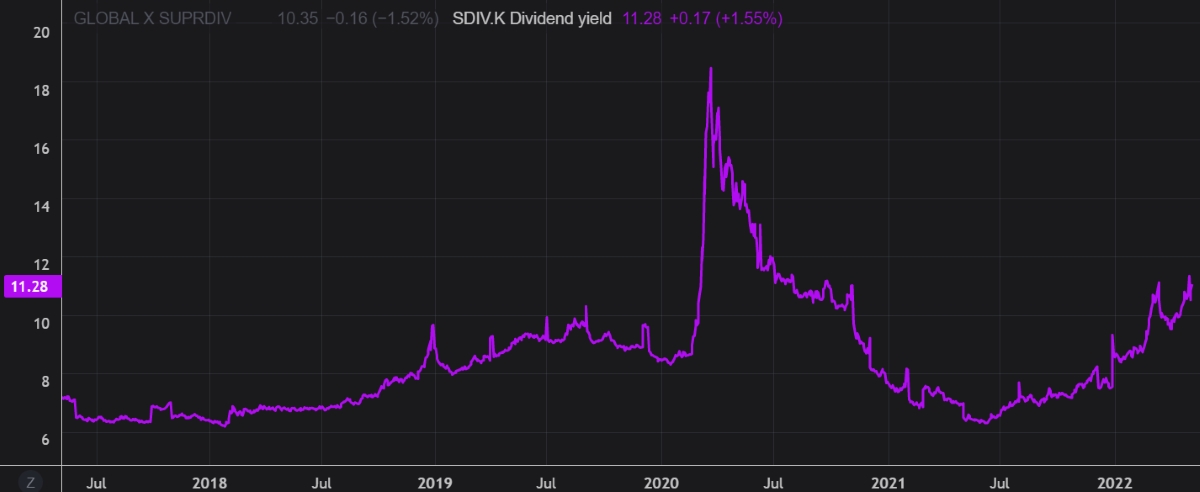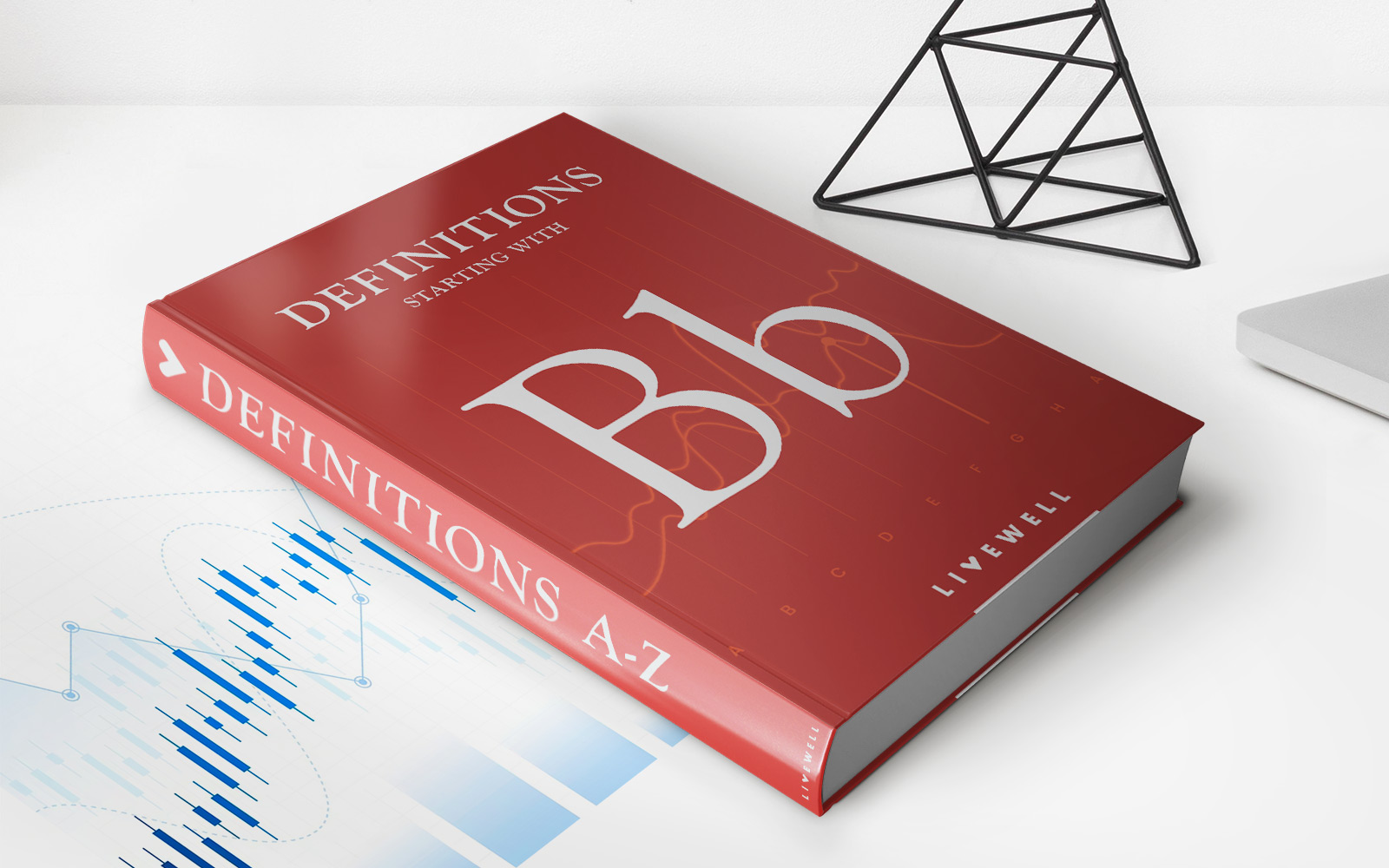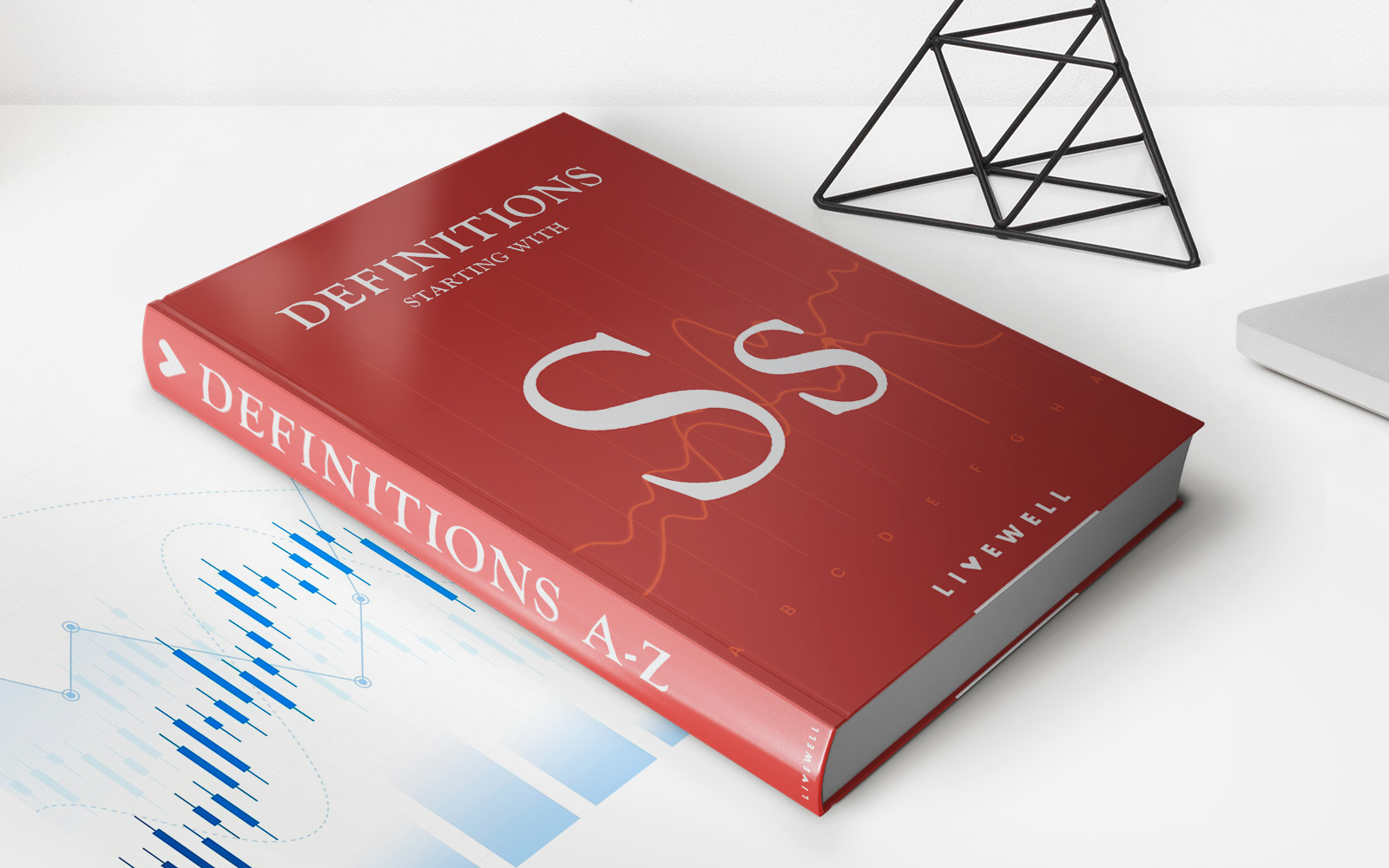Home>Finance>Ex Works (EXW) Defined, Pros And Cons, Plus More Incoterms
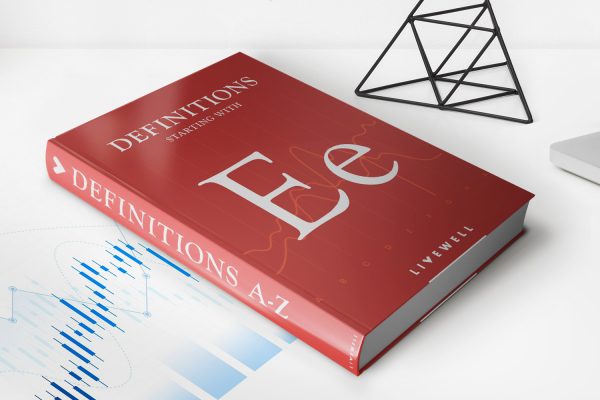
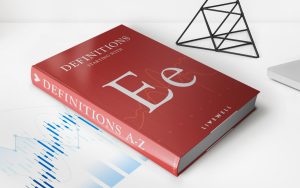
Finance
Ex Works (EXW) Defined, Pros And Cons, Plus More Incoterms
Published: November 20, 2023
Looking to understand the Ex Works (EXW) Incoterm and its pros and cons in the context of finance? Explore our comprehensive guide now!
(Many of the links in this article redirect to a specific reviewed product. Your purchase of these products through affiliate links helps to generate commission for LiveWell, at no extra cost. Learn more)
Ex Works (EXW) Defined: Pros and Cons, Plus More Incoterms
When it comes to international trade, understanding the various terms and conditions is crucial for businesses. One commonly used term is Ex Works (EXW), which defines the seller’s obligations and the buyer’s responsibilities in a transaction. In this blog post, we will explore the definition of Ex Works, its pros and cons, and some additional information about Incoterms.
What is Ex Works (EXW)?
Ex Works (EXW) is an international trade term that signifies the seller’s obligation to make the goods available at their premises or another agreed-upon location. This means that the buyer is responsible for all costs and risks associated with transporting the goods from the seller’s location to the desired destination. The seller’s responsibility ends once the goods are made available to the buyer.
Key Takeaways:
- Ex Works (EXW) places the maximum responsibility on the buyer.
- The seller is only responsible for making the goods available at their location.
Pros of Ex Works (EXW)
- Simplified export process: With Ex Works, the seller has minimal obligations, making it a straightforward option for exporting goods.
- Cost savings for the seller: Since the buyer is responsible for transportation, insurance, and other associated costs, the seller can save on these expenses.
- Flexibility for the buyer: EXW allows the buyer to choose their own transportation and shipping methods, providing them with more control over the logistics of the transaction.
Cons of Ex Works (EXW)
- Higher costs for the buyer: As the buyer assumes the responsibility for transportation and other costs, they may face higher expenses compared to other Incoterms where these costs are shared or handled by the seller.
- Increased risk for the buyer: Since the buyer is responsible for all aspects of transportation and insurance, they may face higher risks such as damage, theft, or delays during transit.
- Complex logistics management: As the buyer handles the entire process, they must have the necessary expertise and resources to manage the logistics effectively.
Additional Incoterms
Incoterms, or International Commercial Terms, are a set of rules that define the responsibilities of buyers and sellers in international trade transactions. Apart from Ex Works (EXW), there are various other Incoterms, including:
- Free On Board (FOB)
- Cost, Insurance and Freight (CIF)
- Delivered Duty Paid (DDP)
- And many more
Each Incoterm defines specific responsibilities and risks for both parties involved in the transaction. It is essential for businesses to understand and choose the appropriate Incoterm based on their requirements.
Conclusion
Ex Works (EXW) is an Incoterm that places the maximum responsibility on the buyer. While it offers simplicity for the seller and flexibility for the buyer, it comes with higher costs and risks for the buyer. When engaging in international trade, businesses need to carefully consider their options and choose the most suitable Incoterm to ensure a smooth and successful transaction.
Key Takeaways:
- Ex Works (EXW) places the maximum responsibility on the buyer.
- The seller is only responsible for making the goods available at their location.
By gaining a comprehensive understanding of Ex Works (EXW) and other Incoterms, businesses can navigate the complexities of international trade more efficiently and make informed decisions to optimize their trade processes.
